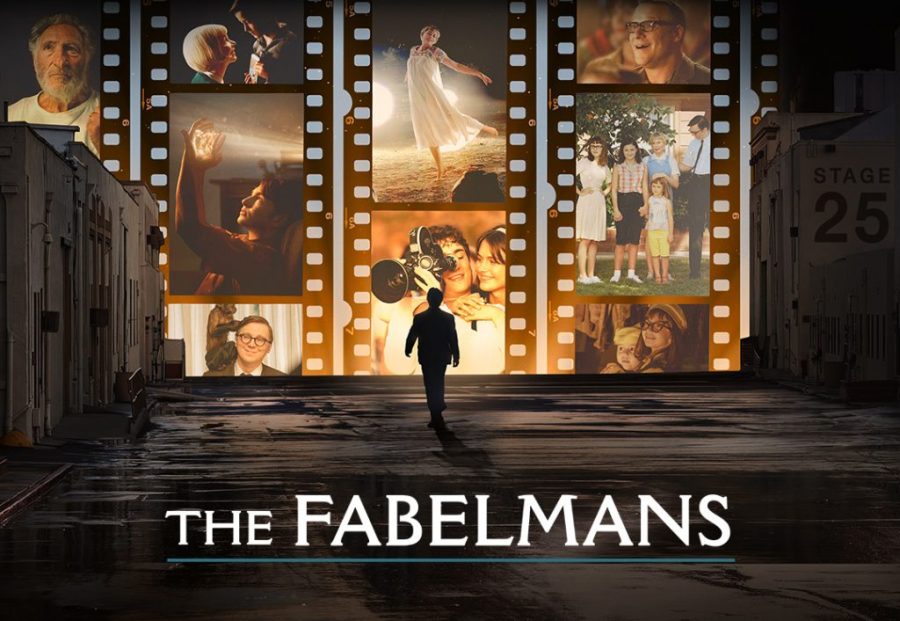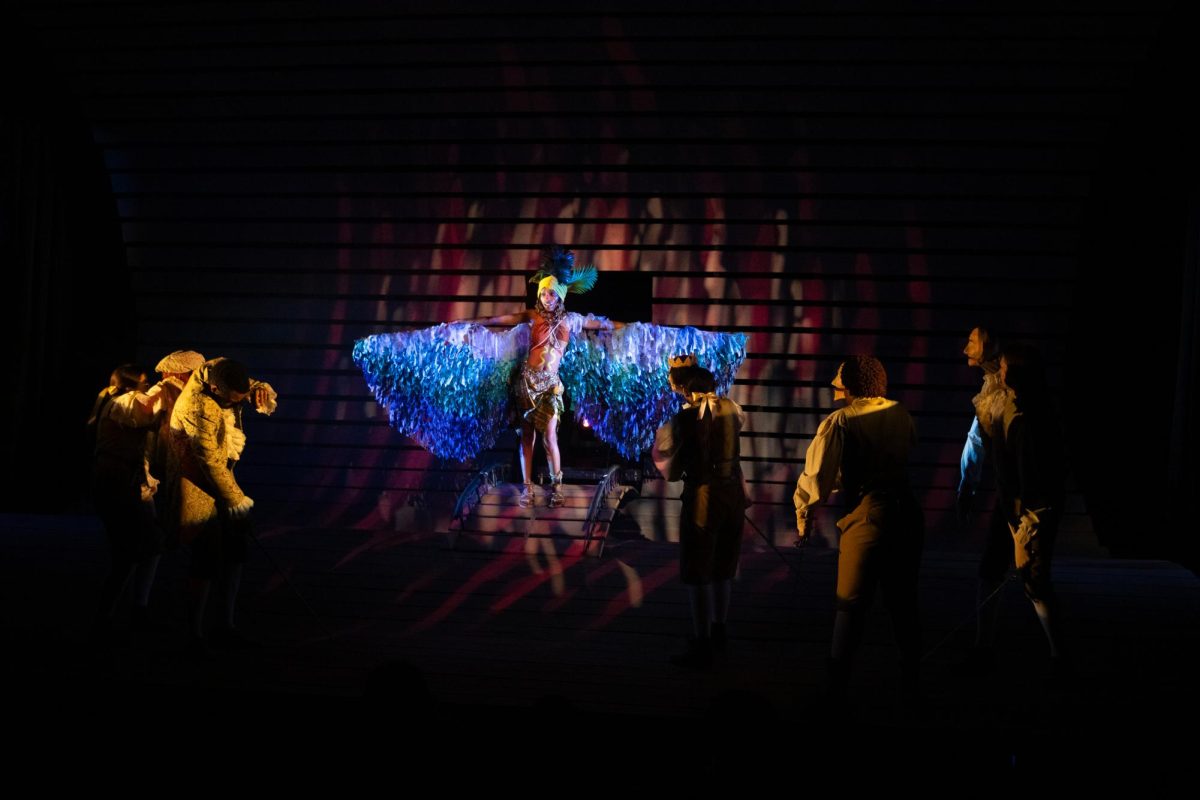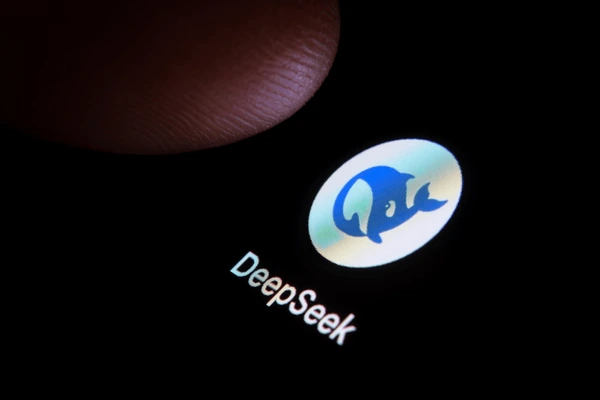The Tangible Magic of ‘The Fabelmans’
February 23, 2023
2022 was a year of movies about movies: “Scream,” “X,” “Nope,” “Babylon,” and Stephen Spielberg’s “The Fabelmans.” Spielberg has been one of the foremost names in film since the mid 1970s, gifting audiences with cultural landmarks like “Jaws,” “Raiders of the Lost Ark,” and “Jurassic Park.” Having cemented his reputation as one of the greats, he offers up a commentary on his symbiotic relationship to cinema.
“Movies are dreams that you never forget,” promises Michelle Williams as Mitzi Fabelman in the film’s trailer. But the film is only partially a nostalgic tribute to the love of filmmaking. More than that, it’s a drama about a complex, fractured, sometimes larger-than-life family.
The main character is Sammy Fabelman, a character inspired by and partially representative of Spielberg himself, portrayed by Gabriel LaBelle. Paul Dano and Michelle Williams are suitably charismatic and slightly grandiose as Burt and Mitzi, the loving but divided parents. Perhaps the most surprising casting is Seth Rogen, best known for raunchy comedies like “Superbad,” who plays family friend Bennie in a grounded and tangible performance.
Bennie’s constant presence in the daily routines of the household is just one of the ways the Fabelman family is always a few degrees separated from the American ideal. Theirs is the only house on the street with a menorah in the window instead of Christmas lights. As a pianist, Mitzi rejects the typical housewife duty of washing dishes to keep her hands in ideal condition; thus, every family meal ends with paper tableware folded inside a tablecloth and tossed into the garbage.
In the Fabelmans’ house, the values of logic and emotion are on opposing sides of a conflict that will ultimately prove insurmountable. Sammy Fabelman, like his mother, is governed by the necessity and catharsis of creating art. His gift for cinema proves to be a blessing and a curse when he unwittingly captures on film a family secret that chips away at his parents’ relationship. The ability of art to change the course of our lives is the key takeaway of “The Fablemans”. In his first experience wielding the camera, a young Sammy crashes a toy train set to recreate and come to terms with a frightening movie scene. Other times, Sammy makes art to show the world his perspective; still other times to reveal the truth or attempt to change it.
These are the powers of art and filmmaking, Spielberg reminds us, and though he’s not the only filmmaker to do so this year, there is an irresistible enchantment to his take on the material. The slightly elevated performances pay homage to the idea of movies as dreams or fantasies; meanwhile, the tightly-written script grounds the film and delivers the thesis. Yes, cinema is a kind of magic, but it is tangible too, and its ability to create new realities is palpably felt, reverberating through “The Fabelmans.”
Rating: 4.5 of 5 stars.








